Does a Sump Pump Need a Dedicated Circuit?
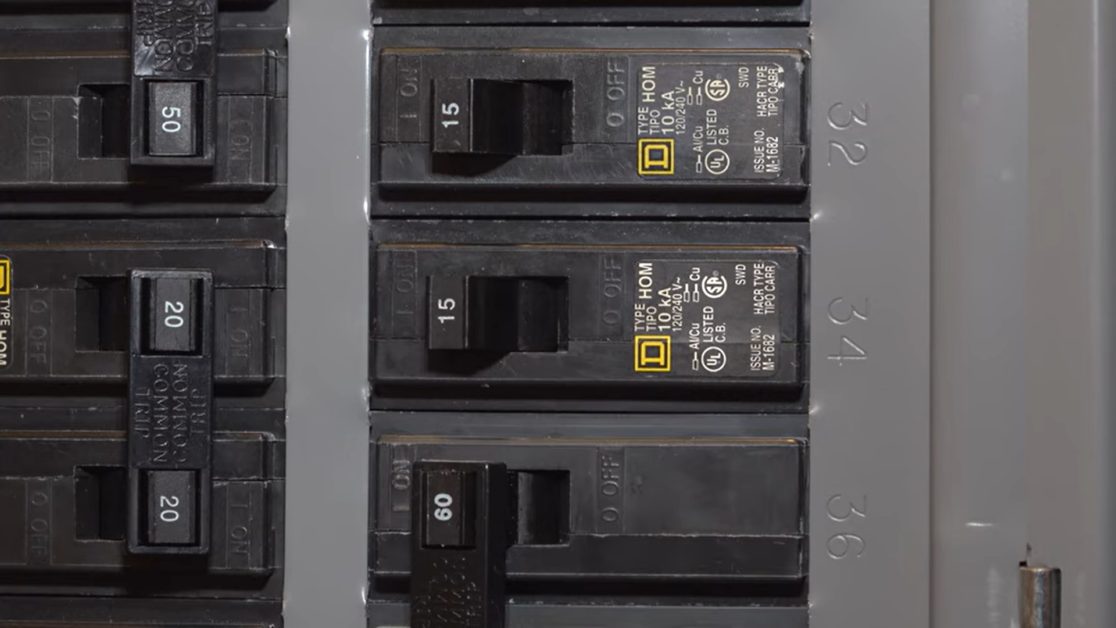
A sump pump is vital to any home’s water management system, but do you need a dedicated circuit?
Sump pumps are devices that control water. Once the height level of the water reaches a certain point, the sump pumps draw it away from the building. This takes up a lot of electricity. Thus, sump pumps are considered “heavy load devices,” and one needs to take care of them. In this article, you will find out if they need a dedicated circuit to function as well as other requirements and tips for proper usage.
Sump pumps need dedicated circuits and Ground Fault Circuit Interrupter outlets (GFCI outlets). The dedicated circuit ensures the correct amount of electricity will flow within the device without tripping the circuit breaker. The GFCI outlet protects the electrical system and all people in a building from electrical shocks.
| Sump Pump Wattage | Circuit Required |
|---|---|
| Up to 750 watts | 15-amp circuit |
| 750 – 1,500 watts | 20-amp circuit |
| Over 1,500 watts | 30-amp circuit |
I’ll go into more detail below.
A Few Words About the Electrical System in a Building
The electrical system within a building is divided into circuits that are connected to circuit breakers.
Each circuit breaker can connect to one or more circuits depending on the power source and the electrical load of each circuit. Usually, you can find 15- and 20- amp circuit breakers in a building.
Breakers are used to stop the electricity flow in case of a circuit shortage, called a “Circuit Breaker Trip.”
When a breaker connects to a single circuit, that is called a dedicated circuit. A dedicated circuit is mostly used for heavy-load devices, such as refrigerators and washing machines. It ensures that the required amperage flows within the device without overloading the system and tripping the breaker.
Dedicated circuits are connected to one outlet.
How Do Sump Pumps Work?
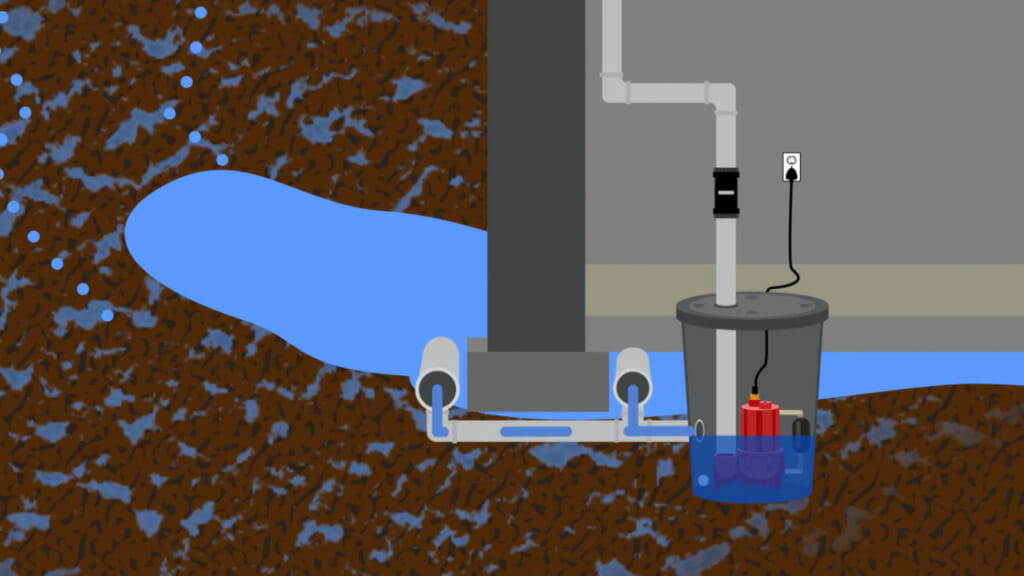
What sump pumps do is protect your house from flooding. Generally, their workload depends on the moisture levels in a room.
Sump pumps are located at the lowest level of a building. They are connected to pits that have water inside them. Once the water reaches a specific point, depending on the building’s plumbing needs, the sump pump empties the pit. It sends the water away from the building.
The pipes through which the sump pump sends away the water have to check valves that control the direction in which the water flows (i.e., out, not in the building).
The sump pump has a motor powered by electricity which draws away the water.
Do Sump Pumps Need a Dedicated Circuit?
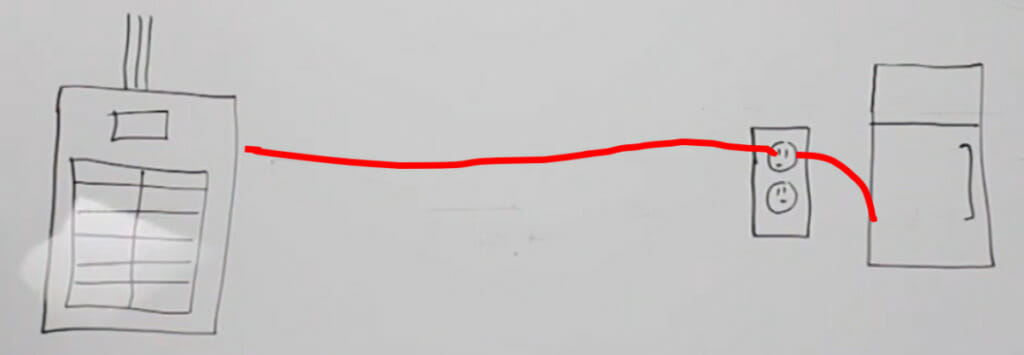
Sump pumps usually use a maximum of 4.100 watts while starting up and 1050 watts while running.
Most 15- and 20- amp circuits that are not dedicated can handle devices that use up to 1500 to 2000 watts. From that point on, a dedicated circuit is required. Even though a sump pump’s running wattage is lower than a circuit’s limitations, the starting wattage is too much for the electrical system to handle while connected to other devices.
Suppose a sump pump was connected to a non-dedicated circuit. In that case, the circuit would draw too much electricity, and the system would overheat. That would lead to a shortage, and the breaker would trip.
Thus, a sump pump requires a dedicated circuit to protect the electrical system and prevent tripping the breaker.
| Sump Pump Wattage | Circuit Required |
|---|---|
| Up to 750 watts | 15-amp circuit |
| 750 – 1,500 watts | 20-amp circuit |
| Over 1,500 watts | 30-amp circuit |
Do Sump Pumps Need GFCI Outlets?
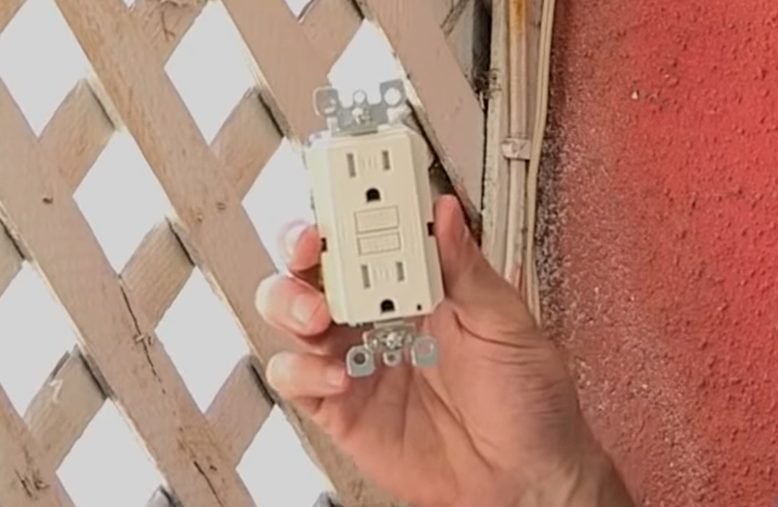
GFCI outlets, or ground fault interrupter outlets, are mainly used in spaces with high moisture levels.
When the water reaches the wires of a circuit, it can act as a conductor. That means that it can draw electricity and transfer it to another surface. That is highly dangerous because it can transfer the electricity to another outlet, creating a fire hazard or provoking an electric shock to a human or pet.
The GFCI’s function includes cutting the power by sending a signal to the breaker, which then trips. That happens when the interrupter comes in contact with water.
The above makes a GFCI a requirement for using a sump pump.
Do Sump Pumps Need a Battery Backup?
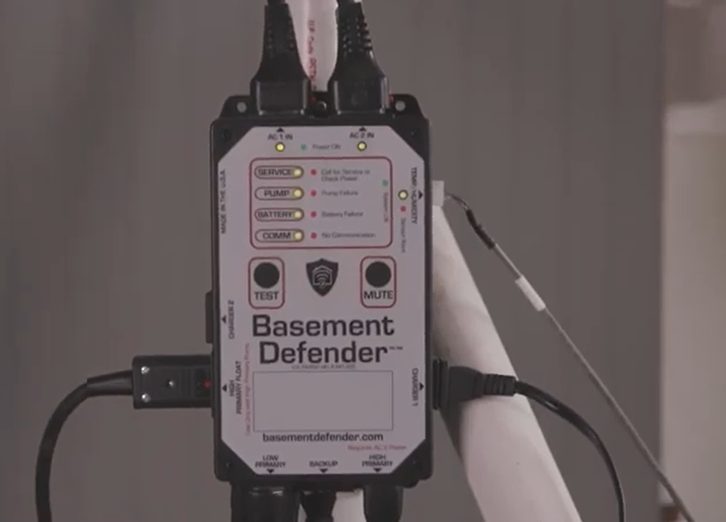
Battery backup sump pumps are DC-operated pumps that work alongside regular sump pumps.
Battery backup sump pumps are not used to replace the regular pumps. However, in case of a mechanical or electrical failure, they aid the main sump pump to keep going until the failure is restored.
A battery backup, a cleaning service of the main pump every three to four months, and an annual check-up can provide additional protection and safety.
What Does a Sump Pump Require to Function Properly?
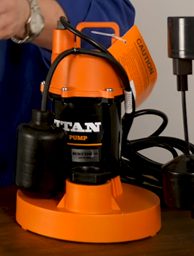
As mentioned above, sump pumps are heavy-load devices with several requirements to function properly.
Some of those requirements are the following:
- A dedicated circuit.
- A connection to an outlet that no other device is plugged into.
- A ground fault circuit interrupter outlet.
- A battery backup sump pump.
- A high-level alarm that lets you know when the sump pump might fail.
- A septic system divides the pump from the high-level alarm circuit.
- A cleaning service every three to four months and an annual check-up.
- Optionally, you can add a screen to prevent debris from tampering with the sump pump.
The above requirements include safety precautions that might save your electrical system and life from electrical malfunctions.
Video References
Silver Cymbal
AMRE Supply
Spotlight Energy Solutions
MrFixItDIY
Freshnss
Fresh Water Systems
